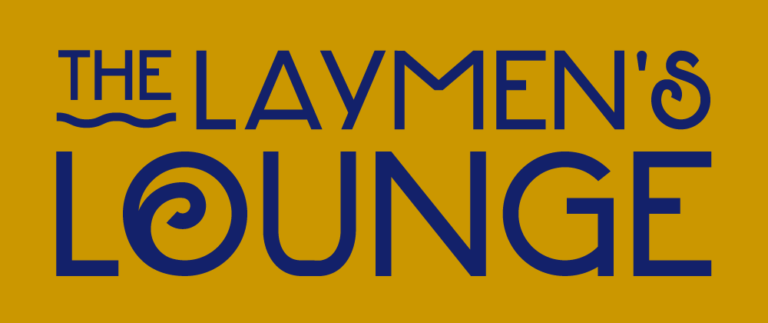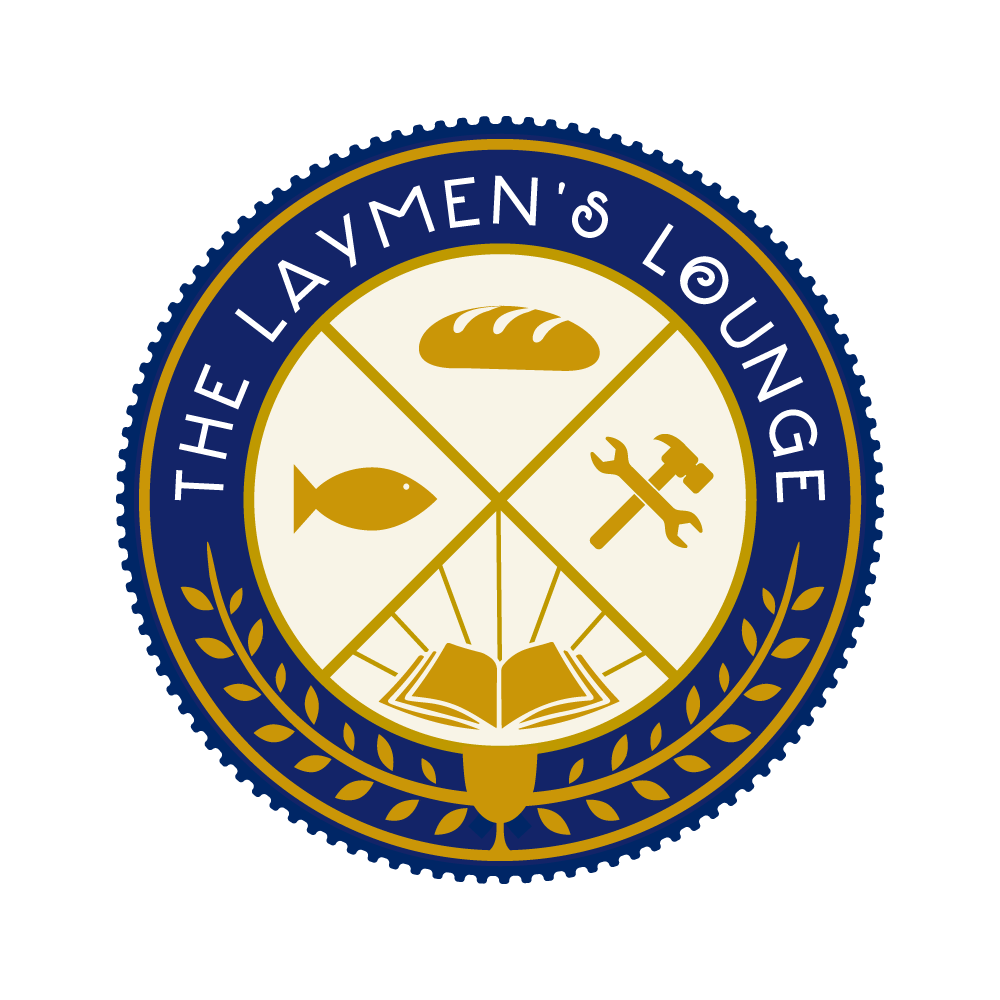NOTE FROM THE EDITOR: This is the third article in a series that will run the next few months called “The State of Neo-Calvinism.” Come back each week to read about the state and influence of Neo-Calvinisim in nations ranging from Mexico and the Philippines to Wales and Egypt and beyond. To listen to the kick-off podcast interview with George Harinck click here. For Jordan Ballor on the USA click here. For Thiago Machado Silva on Brazil click here.
by Surya Harefa
In Japan, the earliest reference to Kuyper can be attributed to Takakura Tokutarō (1885-1934), a pastor and theologian of the Japan Christ Church.[1] In a 1923 work, he drew attention to Kuyper’s Lectures on Calvinism as a proper analysis of the relation between Christianity and culture.[2] Takakura most likely read Kuyper’s work during his study of theology in the UK (1921-1924), at the University of Edinburgh and the University of Oxford. The first Japanese translation of Kuyper’s Lectures on Calvinism was published in 1932. Founders of the Reformed Church in Japan (RCJ) adopted Kuyper’s worldview as the first assertion of its 1946 Founding Declaration. They believed that this theistic life-and-worldview represented the only solid foundation for the establishment of a new Japan after its ruin during the Second World War.[3] Theologians of the RCJ established the Japan Calvinist Association (JCA) as a cultural organization to develop Christian activity based on the theistic life-and-worldview mentioned above. The JCA has certainly succeeded in developing various and deep research on Calvinism and Neo-Calvinism in Japan.[4] Nevertheless, the interest in Kuyper remains limited in this small RCJ and JCA circle.[5]
One attempt to introduce Kuyper’s principles to evangelical circles, and even to non-Christians, has been undertaken by Inagaki Hisakazu (b. 1947), a professor of Christian Philosophy at Tokyo Christian University (TCU).[6] He did so by translating Peter Heslam’s Creating Christian Worldview and Richard Mouw’s Abraham Kuyper: A Short and Personal Introduction into Japanese.[7] Inagaki also utilizes Kuyper’s principles to seek solutions to several socio-political problems in Japan.[8] While noting the importance of the Kuyperian free church concept and the church as organism and institution distinction, Inagaki emphasizes Kuyper’s concepts of common grace and sphere sovereignty for developing a public philosophy for Japanese context.[9]
Although the socio-political problems in contemporary Japan are different from the problems experienced in Kuyper’s time, one can see that the core of the problem is similar, that is, the complex relationship between religion and the state. Thus, the implementation of Kuyperian ecclesiology and its correlate principles will contribute not only to the independence of churches in Japan, but also to Japanese society at large. Along with politics, Kuyper also addressed other specific life spheres such as education, charity, and economics. Since Japan also faces many problems in these areas, the potential of a Kuyperian approach for those fields will also be of interest to future Kuyperian scholarship in Japan.
[1] Inagaki Hisakazu, “Yakusha no Atogaki [Translator’s Afterword],” in Kindai Shugi to Kirisutokyō Aburahamu Kaipa- no Shisō [original title: Creating a Christian Worldview: Abraham Kuyper’s Lectures on Calvinism], by Heslam Peter S., trans. Inagaki Hisakazu and Toyokawa Shin (Tokyo: Kyobunkwan, 2002), 302.
[2] Takakura Tokutarō, Takakura Tokutarō Chosaku-shū [Collected Works of Takakura Tokutarō] Vol. 1 (Tokyo: Shinkyō Shuppansha, 1964), 232.
[3] Cf. Rekishi Shiryō Hensan Iinkai [Historical Materials Compilation Committee], Nihon Kirisuto Kaikakuha Kyōkai-shi: Tojō ni Aru Kyōkai [The History of the Reformed Church in Japan: A Church on the Road] (Hiroshima: Seikei Jusansho Shuppanbu, 1996), 164. For the complete contents of the Founding Declaration, see www.ogaki-ch.com/declaration/foundation.htm
[4] Ichikawa Yasunori, “21 Seiki o Mukaeta Karuvinizumu: JCA no Shimei no Keishō to Tenbō [Calvinism Welcoming 21st Century: The Inheritance and Prospect of JCA’s Mission] (2002),” in Karuvan and Karuvinizumu: Kirisutokyō to Gendai Shakai [Christianity and Contemporary Society], ed. Japan Calvinist Association (Hitomugi Shuppansha, 2014), 414. For the details of research topics discussed in JCA’s annual meetings from 1957 to 2014, see Ichikawa Yasunori, “Nihon Karuvinisuto Kyōkai Ryaku Nenpyō [The Chronology of JCA],” in Karuvan and Karuvinizumu: Kirisutokyō to Gendai Shakai [Christianity and Contemporary Society], ed. Japan Calvinist Association (Hitomugi Shuppansha, 2014), 436–66.
[5] Inagaki, “Yakusha no Atogaki,” 302. See also Asaoka Masaru, “Fukuinshugi Jin’ei ni okeru JCA no Ichi to Igi [The Position and Significance of JCA for the Evangelical Camp] (2002),” in Karuvan and Karuvinizumu: Kirisutokyō to Gendai Shakai [Christianity and Contemporary Society], ed. Japan Calvinist Association (Hitomugi Shuppansha, 2014), 429–30.
[6] It is worth noting that although Inagaki is a member of the Tokyo Onchō Church of the RCJ as well as the JCA, he is neither a pastor of the RCJ nor a professor at the RCJ seminary (Kobe Reformed Theological Seminary).
[7] Peter S. Heslam, Kindai Shugi to Kirisutokyō: Aburahamu Kaipa- no Shisō [Modernism and Christianity: The Thought of Abraham Kuyper], trans. Inagaki Hisakazu and Toyokawa Shin (Tokyo: Kyobunkwan, 2002); Richard J. Mouw, Aburahamu Kaipa- Nyūmon: Kirisutokyō Sekai-kan Jinseikan e no Tebiki [Introduction to Abraham Kuyper: A Guide to Christian Worldview and Life View], trans. Inagaki Hisakazu and Iwata Mieko (Tokyo: Kyobunkwan, 2012).
[8] Inagaki Hisakazu, “Kokumin-teki Fukushi to Heiwa: Yasukuni ni kawaru Tsuitō Shisetsu no Mondai [National Welfare and Peace: The Problem of a Memorial Facility for Replacing Yasukuni],” Kirisutokyō Shakai Fukushigaku Kenkyū [Christian Social Welfare Science] 48 (January 2015): 7.
[9] Inagaki Hisakazu, “Kyōkai no Jichi [Self-Governance of the Church],” in Jichi kara Kangaeru Kōkyōsei [Publicness from the Perspective of Self-Governance], ed. Nishio Masaru, Kobayashi Masaya, and Kim Tae-Chang, Kōkyō Tetsugaku [Public Philosophy] 11 (Tokyo: Tokyo University Press, 2004), 320–40.
Surya Harefa is a cooperative pastor at Ibaraki Bible Church in Osaka and a researcher at the Faith and Culture Center of Tokyo Christian University. He earned his PhD at Theological University Kampen with research on Abraham Kuyper’s ecclesiology and its implications for equipping Japanese evangelical Christians for their political engagements. Prior to this, he studied at Tokyo Christian Theological Seminary and International Reformed Evangelical Seminary in Jakarta, Indonesia.


